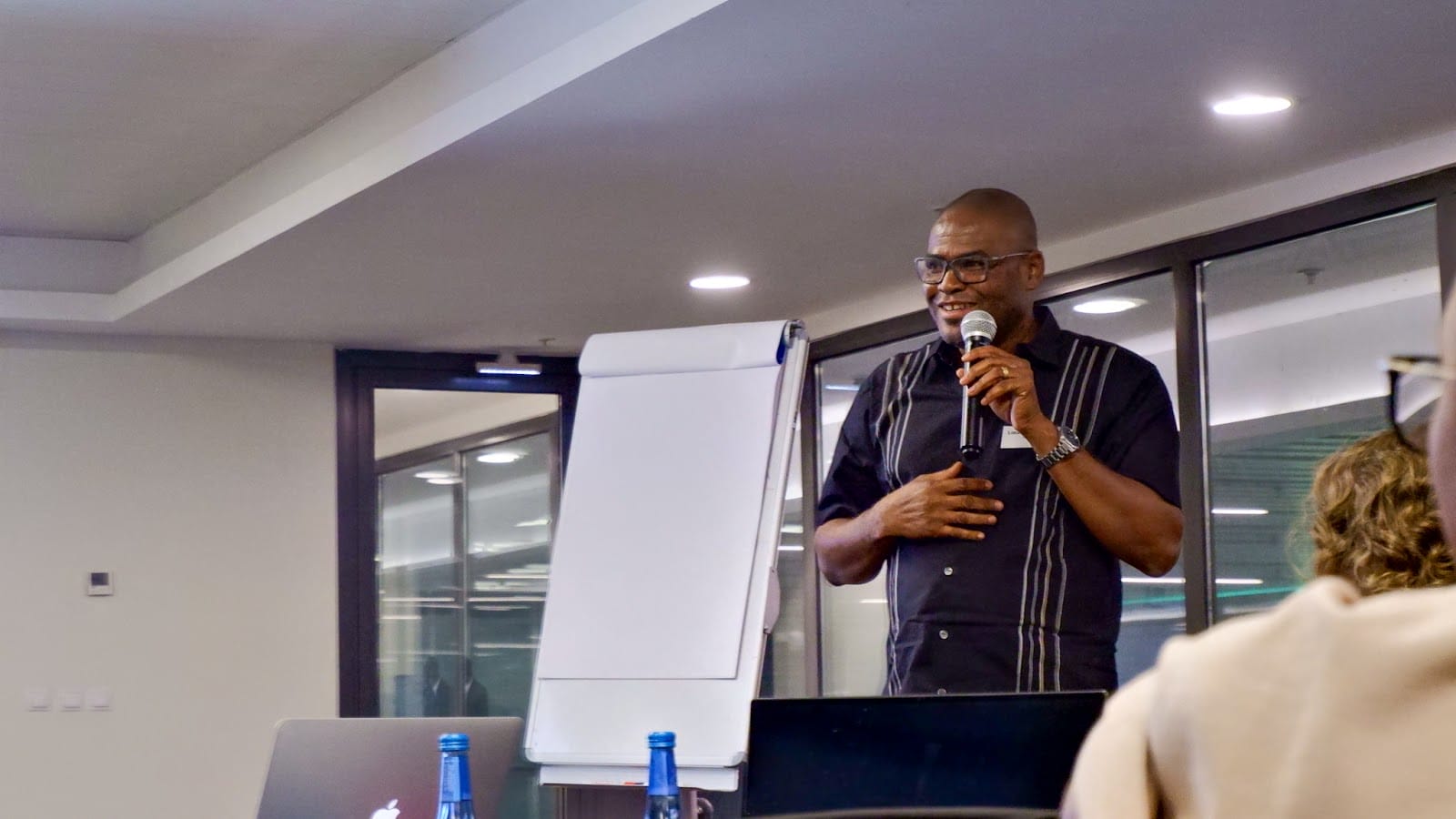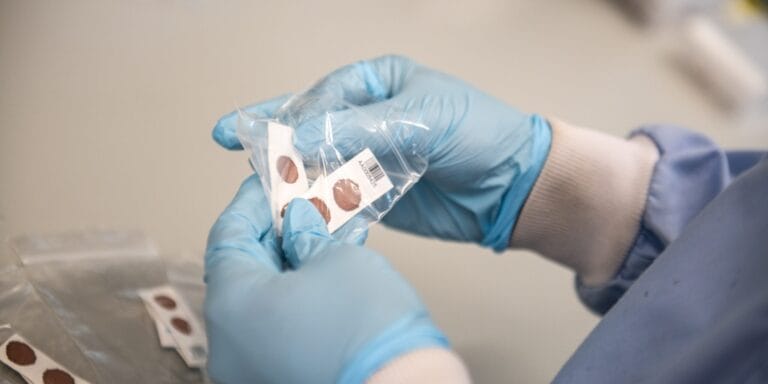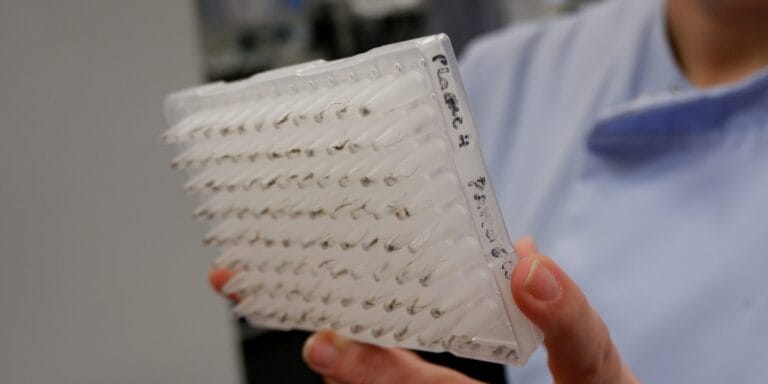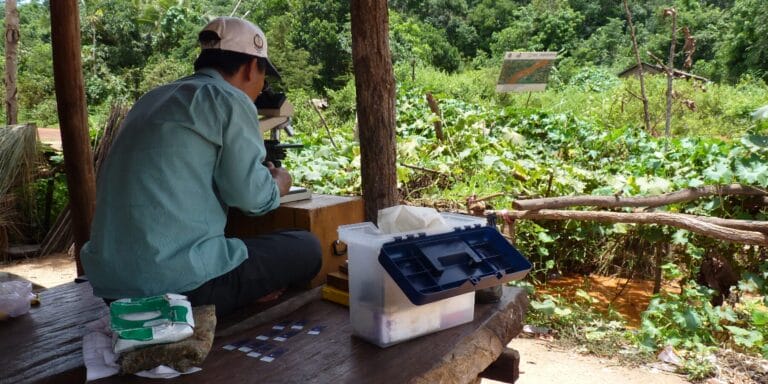Genomic surveillance of malaria parasites and mosquitoes provides timely, accessible data on potential drug and insecticide resistance.
Thanks to MalariaGEN partners contributing samples, this community has grown into the world’s largest open genomic resource of malaria populations, providing broad benefit to the global malaria community. As more samples are sequenced over time from an increasing number of locations, further insights are unlocked.
Anyone can apply for a partner study, though we look to collaborate with those collecting samples from a range of sites for at least one year in order to gain value from continued genomic surveillance. We will also consider samples from outbreak situations.
Get in touch: support@malariagen.net
Samples submitted to MalariaGEN will enter into one or two pipelines:
1. Genotyping by Amplicon Sequencing
Parasite samples submitted as Dried Blood Spot (DBS) or extracted DNA will be processed using Amplicon Sequencing. Data will be returned in the form of a Genetic Report Card (see below). Benefits of DBS include:
- Small volumes of blood – this makes collection from sick patients easier, and also simplifies storage and transport.
- No cold chain required – once spotted, the blood can be kept at room temperature.
- Low cost – minimal training and materials needed.
Samples with high enough quality and quantity of DNA will also be submitted for Whole Genome Sequencing after Amplicon sequencing.
2. Whole Genome Sequencing
Mosquito samples will be submitted for Whole Genome Sequencing alongside the parasite samples that progress from Amplicon Sequencing. Whole genome data is returned to partners as curated data and can be used for more in-depth genomic analysis.
What MalariaGEN provides:
Collection kits
Both DBS collection kits and mosquito shipping kits can be provided to partners at no cost.
Curated whole genome data
We provide curated (rather than raw) whole genome data in order to balance the need for timely data and the need for the data to be high-quality and analysis-ready. This is so that it can be used to find robust, unambiguous, and definitive answers to important scientific and operational questions. Curated data is returned to partners at regular intervals. Typically six months after data has been returned to partners, the same data is released publicly.
Genetic Report Cards
For parasite DBS samples, amplicon sequencing data is used to generate Genetic Report Cards that provide a drug resistance profile for each sample submitted with no specific analysis required. This data is designed to be integrated with other metadata that partners have. Genetic Report Cards (GRCs) are provided to partners as soon as they are available.
Find out more about how data is returned to partners in partner study resources.
Online presence
All partner studies will have their own page on the MalariaGEN website, with space to have a description of the study and list the key people involved. When partners publish with their data, we can also link to the publications from the partner study page.
What MalariaGEN does not provide
Sample shipping costs
Partners will need to cover costs of shipping their samples to the UK.
On-site training
All on-site training at Wellcome Sanger Institute is suspended until further notice due to Covid-19 restrictions.
Dedicated analysis support
It is our aim to provide useable, analysis-ready data to all partners with as much guidance as possible. At this time, we cannot provide dedicated analysis support or training, but we may be able to help with specific queries. We recommend that local bioinformaticians are approached at your institute to support in-depth analysis.



